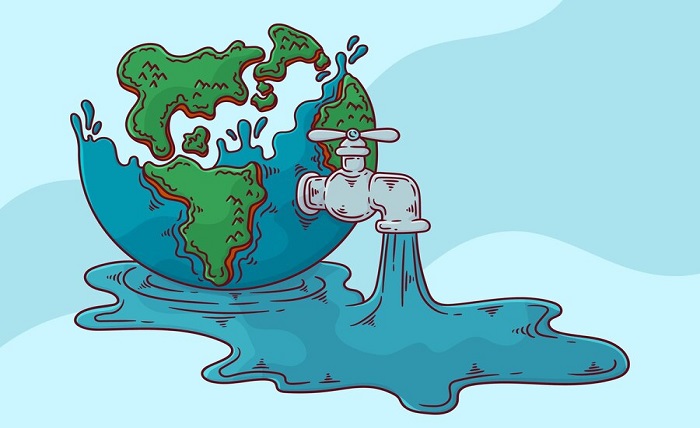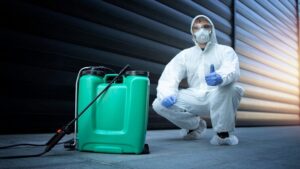American Water: Is PA safe currently?
In January 2023, a water main break in Philadelphia, Pennsylvania, caused a major water crisis. The break released millions of gallons of contaminated water into the city’s water supply, leaving millions of residents without safe drinking water. The disaster caused widespread health and economic impacts, and it is still being felt today.
The water main break was caused by a number of factors, including aging infrastructure, poor maintenance, and a lack of investment in water systems. The break also exposed a number of vulnerabilities in the city’s water system, including the lack of a backup water supply and the lack of a communication plan to notify residents of the disaster.
The PA water disaster is a wake-up call for the need to invest in water infrastructure and to improve water system resilience. The disaster also highlights the importance of communication and coordination between water utilities, public health officials, and emergency management agencies.
The PA water disaster is a tragedy, but it is also an opportunity to learn and to improve. By investing in water infrastructure and by improving water system resilience, we can prevent future disasters and protect the health and well-being of our communities.
Impacts of the PA water disaster:
- Health impacts: The contaminated water caused a number of health problems, including rashes, nausea, vomiting, and diarrhea. Some residents also developed more serious health problems, such as Legionnaires’ disease.
- Economic impacts: The disaster caused billions of dollars in economic damage. Businesses were forced to close, and residents were forced to purchase bottled water and other supplies.
- Infrastructure impacts: The disaster damaged a significant portion of the city’s water infrastructure. This will require millions of dollars in repairs and upgrades.
- Social impacts: The disaster caused widespread fear and anxiety among residents. Many residents are still concerned about the safety of their water, and they are reluctant to use it.
The PA water disaster is a reminder of the importance of safe drinking water. We must all work together to protect our water resources and to ensure that everyone has access to safe, clean water.
Fresh Water After Disaster
The PA water disaster is a reminder of the importance of safe drinking water. In the aftermath of a disaster, it is important to take steps to ensure that your water is safe to drink. Here are some tips:
- Boil your water. Boiling water for one minute will kill most harmful bacteria.
- Use bottled water. Bottled water is a safe and convenient option for drinking water after a disaster.
- Avoid using tap water for cooking or bathing. Tap water may be contaminated and could make you sick.
- If you are unsure about the safety of your water, contact your local water utility. They will be able to test your water and provide you with guidance on how to make it safe to drink.
By following these tips, you can help to ensure that you and your family have access to safe drinking water after a disaster.
Here are some additional tips for ensuring safe water after a disaster:
- Store a supply of bottled water.It is recommended to have a two-week supply of bottled water on hand in case of an emergency.
- Have a water filter. A water filter can remove harmful contaminants from water, making it safe to drink.
- Be aware of the signs of contaminated water.Contaminated water may have a foul odor or taste. It may also be cloudy or discolored. If you are unsure about the safety of your water, do not drink it.
By taking these steps, you can help to protect yourself and your family from the dangers of contaminated water.
Read More You May Like:












Post Comment